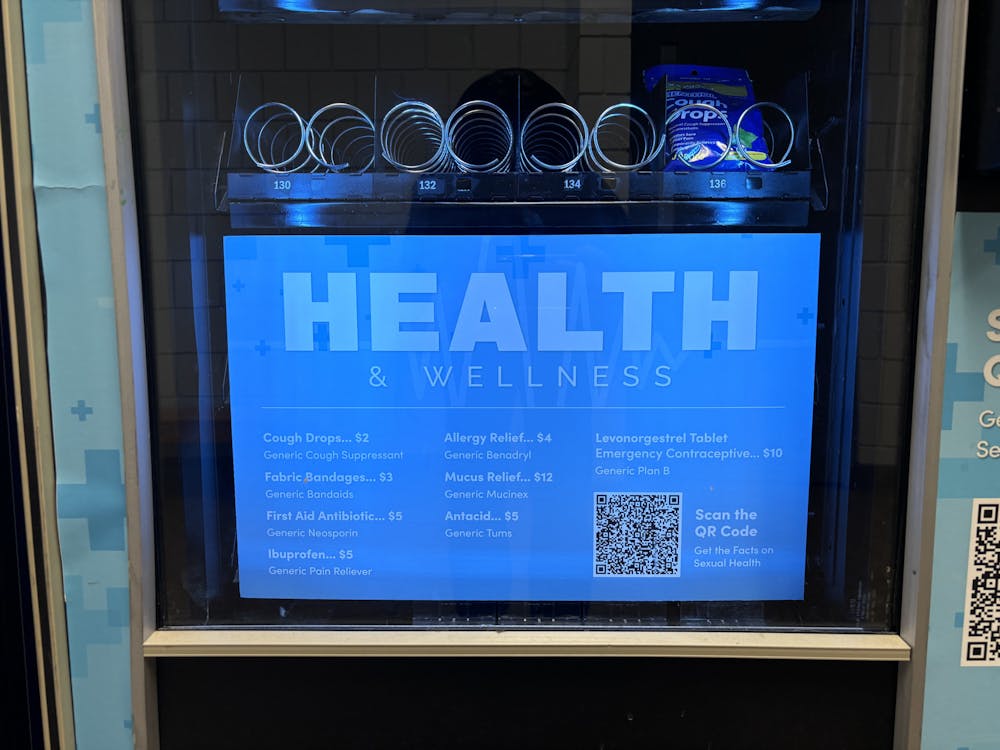During the Sept. 10 presidential debate, former President Donald Trump claimed that women are receiving abortions in the ninth month of pregnancy, calling them “executions.” Moderator Linsey Davis fact-checked the former president in real time, stating, “There is no state in this country where it is legal to kill a baby after it’s born.”
Trump’s comments drew scorn from experts — but history professor Victoria Wolcott, who also directs UB’s Gender Institute, says a president’s impact extends far beyond mindless rhetoric.
“A strongly pro-life or pro-choice president can lead on the issue through their rhetoric and policy choices,” Wolcott told The Spectrum in an email. She points to the president’s power to appoint federal judges, including appeals judges. A January appellate court ruling in Texas allowed the state to ban emergency abortions.
The president can also work with federal agencies and Congress to protect reproductive rights, including life-saving care and in vitro fertilization (IVF) — or to take away drugs that manage abortions and miscarriages. Additionally, individuals could be prosecuted using the 1873 Comstock Act, which makes it a federal crime to send abortion information through the mail.
“Reproductive health care is health care. The two cannot be disentangled. And the ability to plan when you have children is crucial to flourishing in our society,” Wolcott stated in an email.
Law professor Lucinda Finley, who’s spoken on multiple panels regarding reproductive care and brought a case before the US Supreme Court on the issue, said that no matter what side of the aisle you’re on, it’s your civic duty to vote.
“If the party that is opposed to abortion wins the presidential election in November and takes control of the federal government, the president would appoint the head of Health and Human Services. If this is someone who is very anti-abortion, then that department could issue a regulation prohibiting college health services from distributing or allowing their students to access many types of contraception or backups including Plan B,” she said.
Beyond access to campus healthcare, Finley explained that this election could impact the next 30 to 40 years of college students, as it affects “the entire reproductive lives of young women in the US and their partners.”
The 2024 New York State ballot will have an option to vote for a resolution to amend the state constitution. The resolution, known as Proposal One, would protect reproductive rights, LGBTQ+ rights, IVF and more. Currently, New York could pass legislation restricting access, but by changing the constitution, reproductive rights would be protected no matter what.
New Yorkers are still affected by federal law.
“Voting is an essential way for citizens to influence public policy. But there are lots of ways to be involved in this issue, including volunteering and contributing to advocacy groups. Students can also investigate the issue in their classes, researching the history, politics, and medical consequences of reproductive health,” Wolcott stated in an email.
Sarah Owusu is the senior features editor and can be reached at sarah.owusu@ubspectrum.com

Sarah Owusu is an assistant news editor at The Spectrum. In her free time she enjoys reading, baking, music and talking politics (yes, shockingly). She'll also be her own hairdresser when she needs a change.





